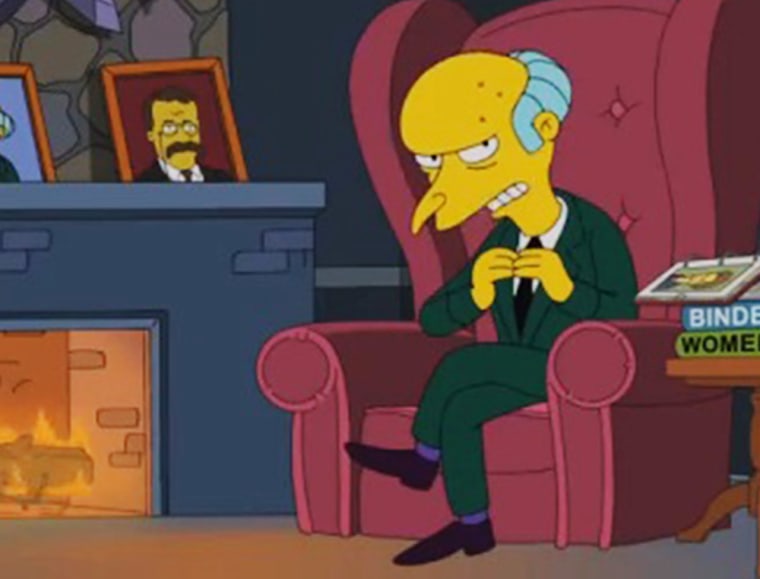The rich may well be “different from you and me,” as F. Scott Fitzgerald put it, but they think everyone else is like them, according to a new study.
And the richer you are, the more likely you are to think that others are wealthy, too, according to the study published this month in the journal Psychological Science.
The reason for the misconception is simple, the study said: Since people are more likely to live, work and go to school with others in similar income brackets, when we look around, we come to the (incorrect) conclusion that most other Americans are at least somewhat like us.
This isn’t usually a deliberate impulse, but it’s one that can be hard to shake.
“It is likely that people do not have much conscious insight or control over the processes by which they are making such judgments,” lead author and University of Kent Ph.D student Rael Dawtry said via email. It takes a kind of super-awareness he refers to as “metacognition” to step outside of your own implicit assumptions, something that’s hard to do even if you’ve been alerted to the tendency, he said.
Two sets of surveys of Americans across the income spectrum found that the richer people were, the more money they assumed other people earned annually.

That effect was noticeable when they were asked both about people within their own social circles as well as people across the nation, but was more pronounced when they evaluated the former, which includes friends, family, colleagues and acquaintances.
“These social circles are not representative of the overall population,” Dawtry pointed out in his research.
Even though we interact with both rich and poor people over the course of a week or a month — and the wealthiest might have more close interaction with the poor if they’re employing some of those lower-income earners as nannies, housekeepers, drivers and the like — more of our interactions are with people who are similar to us economically, he wrote. That means we default to using the people around us as a proxy, which distorts our perspective in a way many of us don’t even realize.
Millionaires Are Also Worried About Income Inequality
“The rich and poor do not simply have different views about how wealth should be distributed across society; rather, they subjectively experience living in societies that have subtle — but important — differences,” Dawtry wrote in the paper.
He found that this blind spot has real-life policy implications: Wealthier people are more likely to say the status quo of income distribution in the United States is fair, and are less likely to support redistributive policies, even though the richest Americans today hold more of the country's wealth than they have in roughly a century and the economic recovery has contributed little to those further down the income spectrum.
In Plain Sight: Poverty in America
The research suggests that even with rising income inequality on the political agenda of both party’s 2016 presidential candidates, low-income Americans and their advocates have an uphill battle getting the country's haves to see the widening gap between them and the have-nots.
Dawtry’s study focused on income, but he said net worth — which is skewed even more toward the very rich since many of the wealthiest Americans earn a significant amount from investments rather than income — could be an even more telling predictor of these attitudes.